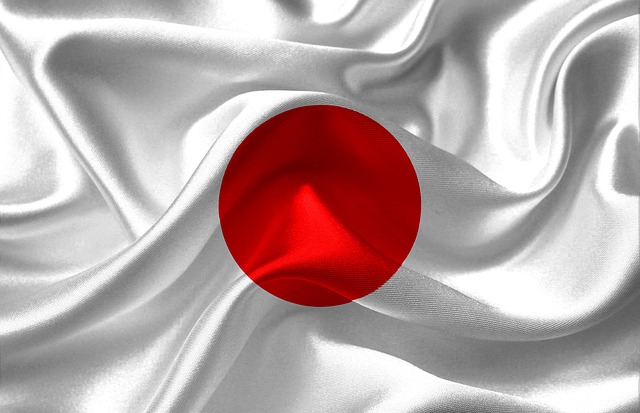May 25, 2023
According to government data released, Japan’s inflation-adjusted real wages decreased by the most in eight years in the fiscal year 2022, underscoring the impact of inflation eroding consumers’ purchasing power.
The annual figures highlighted how critical it is for wage growth to pick up speed in order to keep pace with persistently high inflation, which is not the steady and sustainable inflation that the central bank seeks to see, in order to hit its 2% price objective.
The employment market is still tight, and the economy is in a gradual recovery, but analysts anticipate that real wages will increase this fiscal year as inflation declines, allowing the Bank of Japan (BOJ) to taper its monetary easing.
But BOJ Governor Kazuo Ueda has reaffirmed time and time again that the bank will maintain monetary easing for the time being in order to support a fragile economy, even though he expects inflation to decline to under 2% later this year.
According to Itochu Economic Research Institute’s head economist, Atsushi Takeda, “risks to inflation and wages are rather skewed to the upside.” The foundation for monetary policy normalization to begin as early as this year will be laid by a combination of declining inflation, a tight labor market, and strong corporate earnings.
The figures from the labor ministry also highlighted the necessity for Prime Minister Fumio Kishida’s administration to ignite a positive cycle of inflation and wage growth.
The most recent fiscal year, which ended in March, saw nominal salaries rise by 1.9%, the fastest rate in 31 years. However, inflation, which was 3.8% higher than nominal wage growth, caused real wages to decline by 1.8%.
Since fiscal 2014, when higher sales taxes fueled broader price hikes and drove real wages down by 2.9%, it was the largest yearly decrease.
According to the data, wages need to increase even further in order to keep up with inflation and increase consumers’ purchasing power and private consumption, which accounts for more than half of the GDP.
The fastest salary increase in three decades has been agreed upon by major companies, a hint that wary Japanese businesses recognize the need to raise wages to attract qualified workers in the face of a labor shortage caused by the rapidly aging population.
Over the past three “lost decades” since the collapse of an asset-inflated bubble economy, wages in Japan have hardly increased. In contrast, salaries rose at a rate of nearly 1.4 times faster in the other Group of Seven (G7) economies during the same time period.
Source: Nikkei Asia
Legal Notice: The information in this article is intended for information purposes only. It is not intended for professional information purposes specific to a person or an institution. Every institution has different requirements because of its own circumstances even though they bear a resemblance to each other. Consequently, it is your interest to consult on an expert before taking a decision based on information stated in this article and putting into practice. Neither Karen Audit nor related person or institutions are not responsible for any damages or losses that might occur in consequence of the use of the information in this article by private or formal, real or legal person and institutions.






